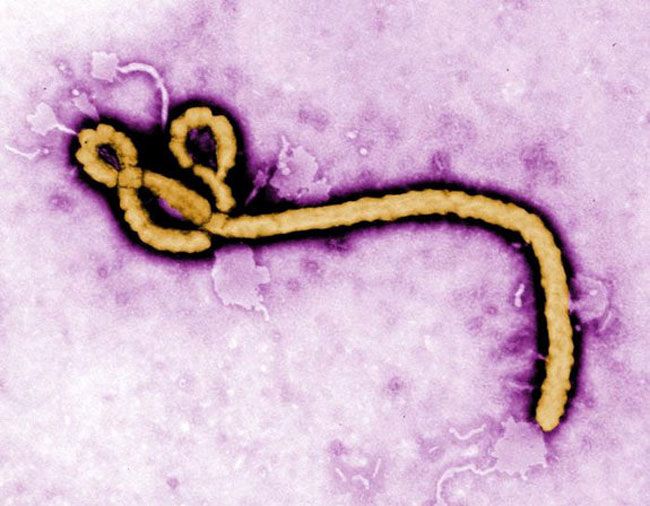Ebola 'Experimental Serum' in Limited Supply, CDC Says

The "experimental serum" that doctors gave to two American patients with Ebola is in very limited supply, and will not be available for general use, according to the Centers for Disease Control and Prevention.
Doctors reportedly gave the serum to two American health care workers who contracted the deadly virus while working to combat the Ebola outbreak in West Africa. The humanitarian organization Samaritan's Purse, which employs one of the patients, arranged to have the experimental treatment flown to Liberia, the CDC said. Both patients have since been brought back to the United States for treatment.
The experimental Ebola treatment is called ZMapp, and is being developed by the San Diego company Mapp Biopharmaceutical, Inc. The serum contains three monoclonal antibodies, which are molecules that bind to a protein of a foreign object — in this case, the Ebola virus, the CDC said.
Mapp Biopharmaceutical has been planning to conduct clinical trials to test ZMapp, but the company currently does not have the capacity to make large quantities of the treatment, the CDC said. [5 Things You Should Know About Ebola]
"The manufacturer reports that there is a very limited supply, so it cannot be purchased and is not available for general use," the agency said in a recently posted "Questions and Answers" page on the experimental treatment.
And although some news reports have said that the treatment "likely saved" the two American patients, the CDC said it is too early to know if ZMapp is effective. "Some patients infected with Ebola virus do get better spontaneously or with supportive care," the CDC said. In most previous outbreaks of Ebola, between 10 percent and 50 percent of infected people have survived, according to the World Health Organization.
ZMapp still needs to undergo trials in people to test whether it is safe and works to treat Ebola, the CDC said.
Sign up for the Live Science daily newsletter now
Get the world’s most fascinating discoveries delivered straight to your inbox.
Currently, there is no specific treatment or cure for Ebola. The standard treatment for infected people calls for supporting them by providing fluids, maintaining their blood pressure, treating them for other infections and providing additional supportive care.
Doctors also lack a vaccine to prevent infection with Ebola, but the National Institutes of Health is working to develop such a vaccine, aiming to conduct a trial of it in the fall, the CDC said.
Follow Rachael Rettner @RachaelRettner. Follow Live Science @livescience, Facebook & Google+. Original article on Live Science.

Rachael is a Live Science contributor, and was a former channel editor and senior writer for Live Science between 2010 and 2022. She has a master's degree in journalism from New York University's Science, Health and Environmental Reporting Program. She also holds a B.S. in molecular biology and an M.S. in biology from the University of California, San Diego. Her work has appeared in Scienceline, The Washington Post and Scientific American.
Most Popular

